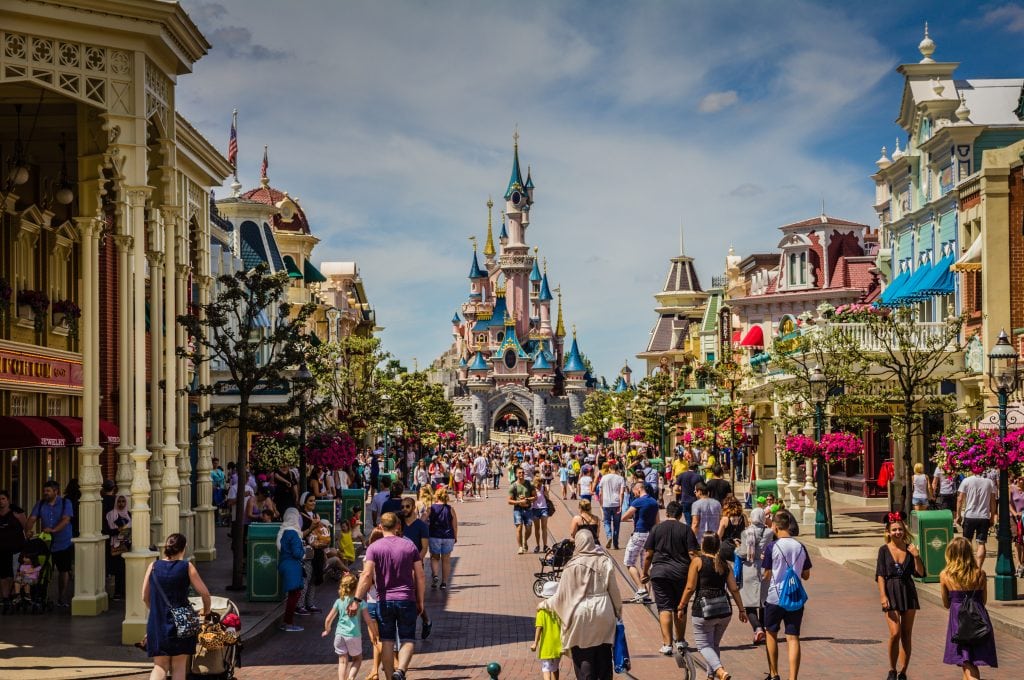Disneyland Paris Finally Had a Good Year

Skift Take
Disneyland Paris got a boost from its 25th anniversary activities in 2017; will the momentum continue?
The long-beleaguered Disneyland Paris resort is finally getting some praise.
A year after announcing plans to take full control of the troubled Paris park, Disney executives said attendance, guest spending, and hotel occupancy were all up in the quarter that ended Dec. 30.
Chief Financial Officer Christine McCarthy said during an earnings call Tuesday that Disneyland Paris set a new revenue record in the first fiscal quarter, fueled by the resort's 25th anniversary celebration. But her optimism wasn't limited to just that three-month stretch.
"The resort ... has now been profitable for the last three quarters," McCarthy said. "So we are very pleased with the progress we're making there."
In February 2017, Walt Disney Co. announced its intentions to take over the remaining ownership
